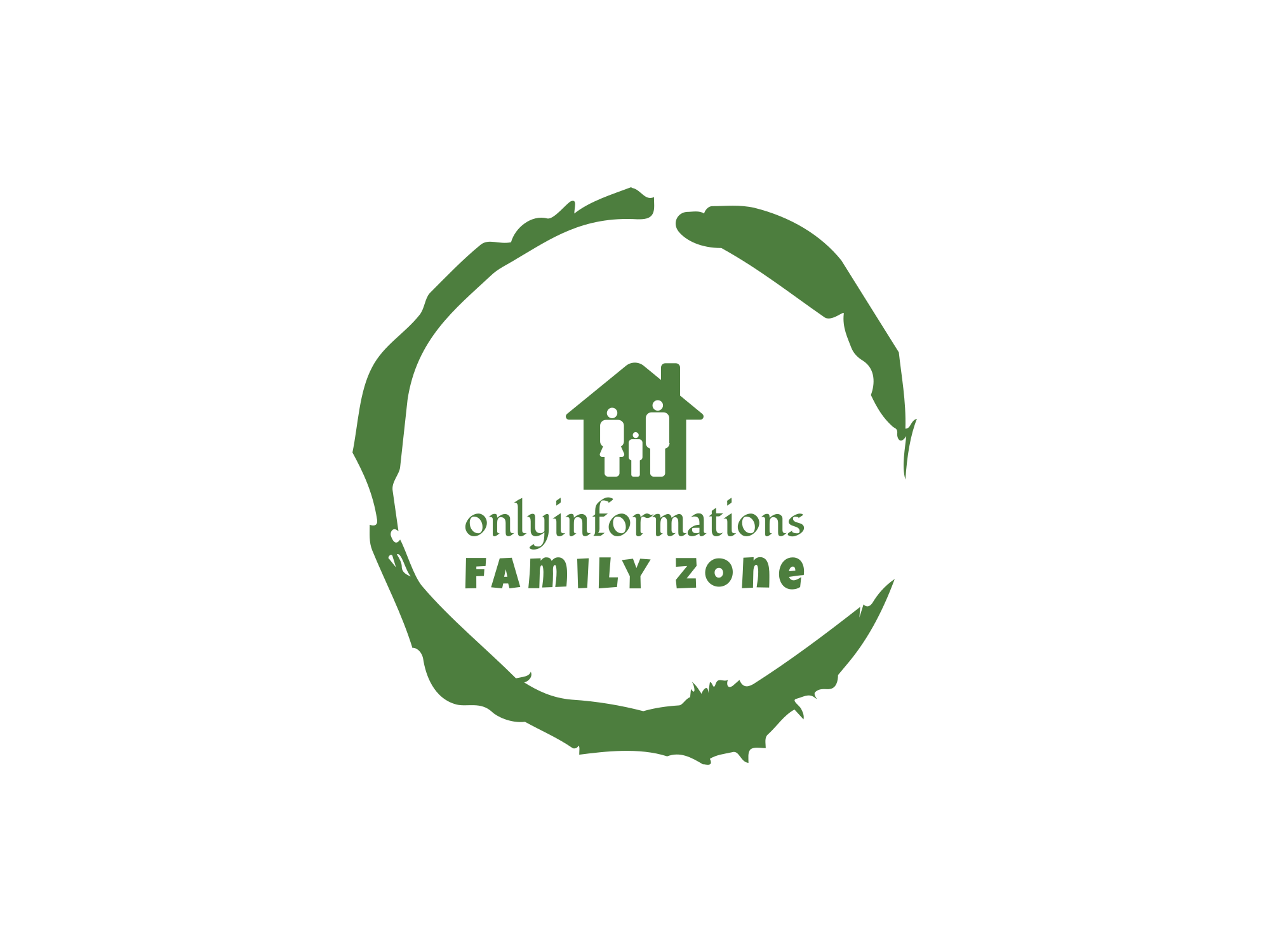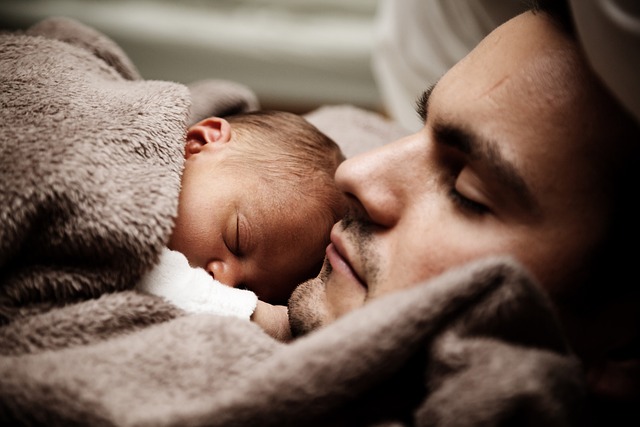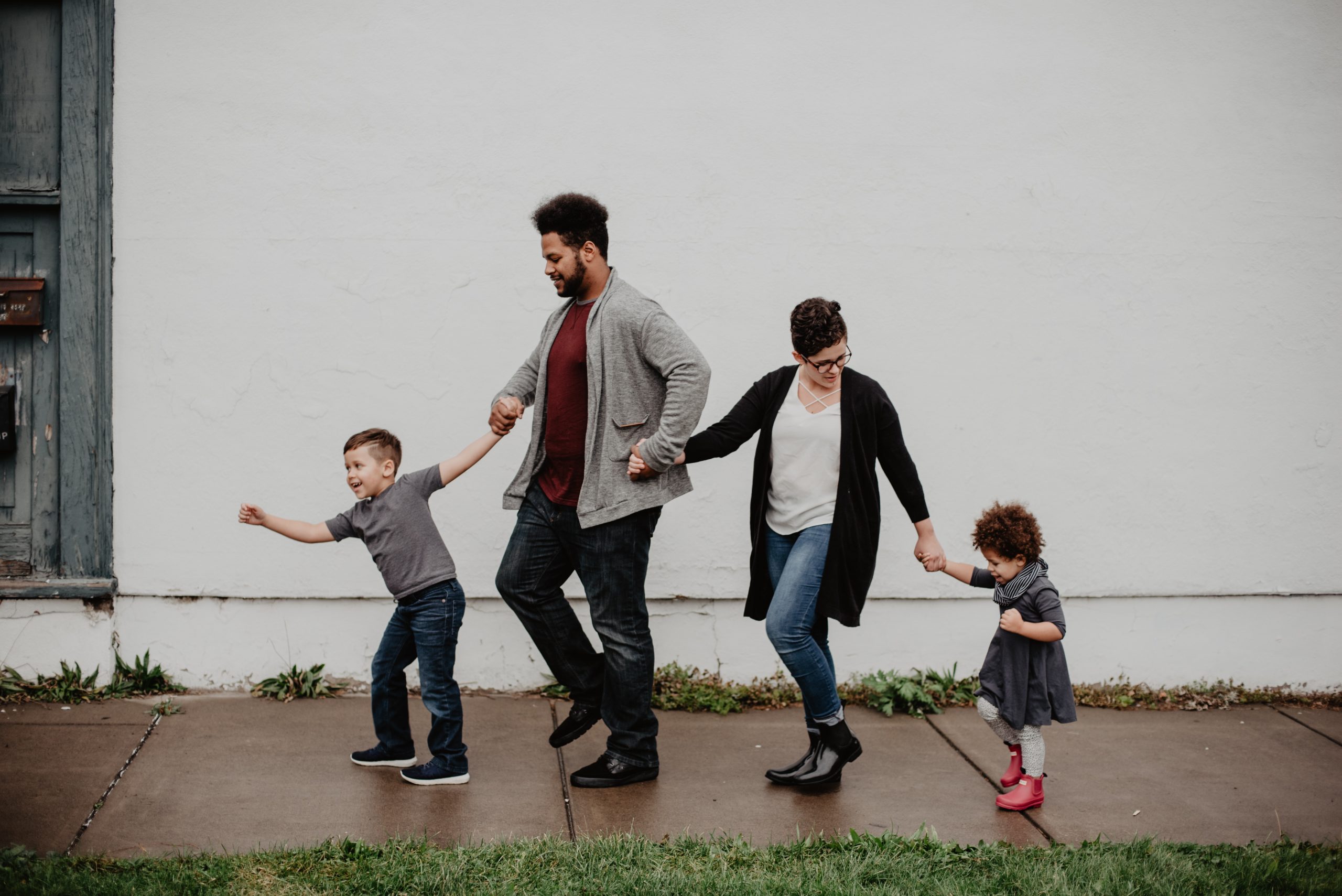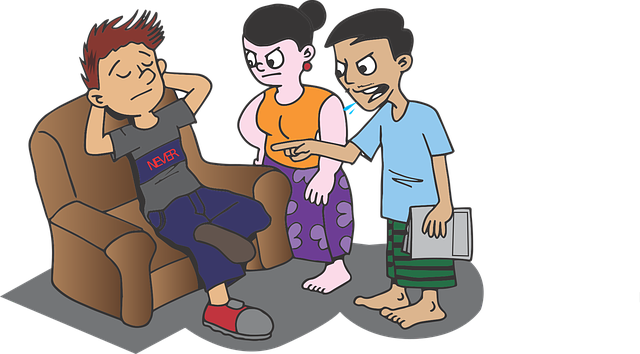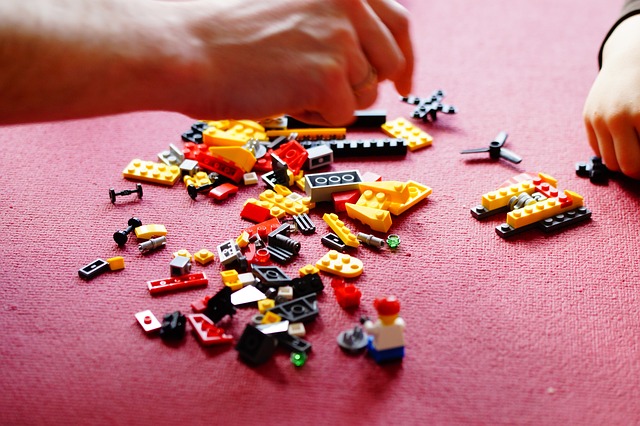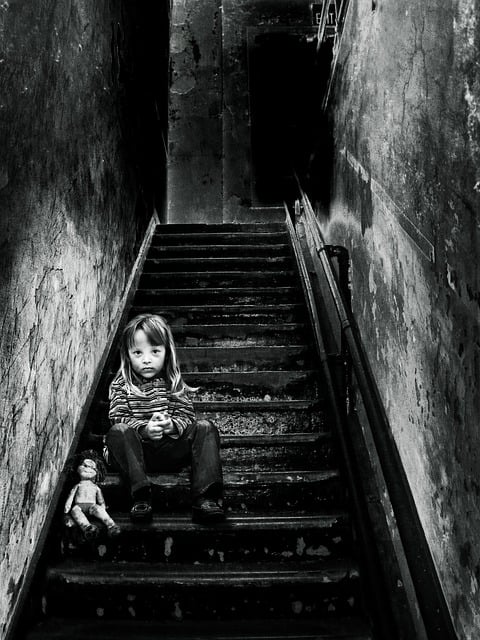Baby Sleep Training: The Modern Research
Baby Sleep Training has been a subject of interest for parents seeking effective strategies to help their infants develop healthy sleep patterns. In the United States, researchers have been conducting studies to understand the benefits, risks, and various approaches to sleep training. This blog article aims to discover modern US research concerning babies’ sleep training and highlight evidence-based practices for parents to consider.
Understanding Sleep Training:
Baby Sleep Training refers to teaching babies to fall asleep and stay asleep independently. This also includes specific techniques and strategies to establish a consistent sleep routine. Additionally, it becomes greatly helpful for infants to learn self-soothing skills. While sleep training can be controversial, observing the latest research to make informed decisions is essential.

Some of the best fruitful Findings on this subject:
- Long-Term Benefits: Refer to some standard practices that Pediatrics in 2016 examined the long-term effects of sleep training. The research found that infants who underwent sleep movement had no adverse impact on their emotional well-being, parent-child attachment, or cognitive development compared to those who did not.
- Improved Sleep Duration: Research conducted by Jodi Mindell, a sleep expert, and her colleagues found that sleep training techniques such as controlled comforting and camping helped infants achieve longer sleep durations and reduce nighttime awakenings. The study concluded that these methods improved infant sleep patterns safely and effectively.
- Positive Parental Mental Health: A study published in the journal Sleep Medicine in 2020 focused on the impact of sleep training on parental mental health. The research revealed that parents who implemented sleep training techniques reported decreased maternal and paternal depressive symptoms and improved overall family functioning.
- Reduced Sleep Problems: A recent study published in the journal JAMA Pediatrics investigated the effectiveness of behavioural interventions for infant sleep problems. The research indicated that sleep training methods, such as graduated extinction and bedtime fading, significantly reduced sleep problems and improved sleep quality for infants and parents.
- Individualized Approaches: Modern research emphasizes the importance of individualized sleep training approaches. One-size-fits-all methods may not be suitable for every baby. Researchers suggest tailoring sleep training techniques to the child’s specific needs and considering factors such as temperament, age, and parental preferences.
What Are the Most Implemented Practices:?
Observing the most implemented practices on this subject in developed cultural countries is very helpful for parents in applying sleep training effectively:
- Consistent Sleep Routine: Establish a regular sleep schedule and bedtime routine to signal the baby that it is time to sleep.
- Gradual Approach: Consider incremental techniques such as camping out or controlled comforting, where parents progressively decrease their presence and assistance as the baby learns to self-soothe.
- Communication and Responsiveness: Respond promptly to the baby’s needs during the day, ensuring they receive ample attention and nurturing, which can positively impact nighttime sleep.
- Safe Sleep Environment: Create a safe sleep environment as referred by American Academy of Pediatrics (AAP) guidelines, which include placing babies on their backs while sleeping, using a firm mattress, and removing suffocation hazards.
- Patience and Persistence: Sleep training may require time and consistency. Be patient and persistent in implementing the chosen approach.
Is Baby Sleep Training terrible or harmful?
Sleep training often inspirations passionate debates among parents, caregivers, and child development experts. Although there are, some critics argue that sleep training harms babies, potentially causing emotional distress and attachment issues. The statement is as hazardous as it seems, but it’s not what is described as worse. However, it is essential to examine the existing research critically. Also, separate fact from fiction to understand the potential effects of sleep training on infants.
For better understanding, we explain it briefly to our readers.
- Emotional Well-being and Attachment: So, the people who are assumed to be against this concept raise their concerns that sleep training may harm the emotional well-being of babies and disrupt the parent-child attachment. However, several studies and most practical surveys, which include parents and caregivers, have found no evidence to support these claims. Refer to a major study published in Pediatrics in 2016, which clearly describes the long-term effects of sleep training. Surprisingly, no negative impact was found on emotional well-being or parent-child attachment compared to non-sleep-trained infants.
- Stress Levels: The Opponents argue that sleep training methods can induce stress in infants, potentially leading to long-lasting negative consequences. However, research suggests that the short-term stress experienced during sleep training is typically well-tolerated by babies and does not harm their overall well-being. Refer to a famous study published in the Journal of Developmental and Behavioral Pediatrics in 2012, which clearly describes that infants undergoing sleep training did not show increased levels of the stress hormone cortisol compared to non-sleep-trained infants.
- Self-Soothing Skills: One of the main objectives of sleep training is to help infants develop self-soothing skills, allowing them to fall asleep independently. But why did opponent shut their mouths? They argue that this may hinder the development of emotional regulation. However, we can also refer to famous research in favour of self-soothing skills learned through sleep training can benefit babies by promoting healthy sleep habits and improving their self-regulating ability.
- Sleep Quality: Adequate sleep is crucial for the healthy development of infants. Refer to famous research consistently demonstrates that sleep training can improve sleep duration and consolidate nighttime sleep for infants and parents. By establishing a consistent sleep routine and teaching self-soothing techniques, sleep training can enhance the overall sleep quality of babies.
- Individualized Approaches: It is important to note that sleep training should be approached with consideration for the individual needs of each baby. Personalized approaches that consider age, temperament, and parental preferences are more likely to be successful and minimize potential distress.
How to Determine the Best Age of Baby Sleep Training?
One of the common questions parents often ask when bearing in mind children’s sleep training is, “What is the best age to start?” While no definitive answer applies to all babies. The research and expert opinions provide valuable insights about the optimal age to initiate sleep training.

Factors to Consider:
Several hidden factors should be considered when determining the best age to sleep-train a baby. These interesting factors can influence the success and effectiveness of the sleep training process:
- Developmental Readiness: Babies go through various developmental stages, including the ability to self-soothe and regulate their sleep. So we cannot ignore the critical aspect, whether a baby has reached a stage where they are developmentally ready for sleep training.
- Individual Differences: Each baby is unique, with different temperaments and sleep patterns. That’s why some babies may naturally have an easier time adjusting to sleep training at an earlier age, while others may require more time and patience.
- Feeding and Growth Patterns: A baby’s feeding and growth patterns can influence the timing of sleep training. For example, suppose a baby still heavily depends on nighttime feedings for nutritional needs. In that case, waiting until they are ready to reduce nighttime feedings may be advisable before initiating sleep training.
Research Insights:
While individual circumstances vary, which include age, situation, atmosphere, environment, etc. While the most acceptable and practical research offers some direction on the best age to start sleep training:
- Four to Six Months: Many experts and studies suggest that around four to six months is an appropriate time to consider sleep training. At this age, babies are generally developmentally ready to self-soothe, have established more predictable sleep patterns, and may be prepared to transition away from frequent nighttime feedings.
- Before Nine Months: A study published in Pediatrics 2012 found that sleep training initiated before nine months of age resulted in significantly better sleep outcomes than training created later. This indicates that earlier intervention may lead to more successful outcomes in improved sleep duration and reduced nighttime awakenings.
- Individual Considerations: It is crucial to remember that each baby has unique characteristics. So there is no one-size-fits-all approach. Observing the baby’s cues, sleep patterns, and overall enthusiasm is essential in determining the ideal age to begin sleep training.
Parental Readiness:
In addition to considering the baby’s age and readiness, assessing parental readiness for sleep training is equally important. That’s why it becomes crucial for parents and caregivers to be emotionally prepared, consistent, and committed to the process. This is only a short time to achieve, as sleep training can require time, patience, and dedication, so parents should feel ready to navigate the challenges that may arise.
What is sleep training?
Sleep training refers to teaching babies to fall asleep and stay asleep independently. It involves implementing specific techniques and strategies to establish a consistent sleep routine and help infants learn self-soothing skills.
Baby Sleep Training sleep facts sheet
Baby Sleep Training is a wise and confusing subject that raises many questions and concerns among parents and caregivers. So to clear all misperceptions and questions, we comprise these essential points as a fact sheet to provide a comprehensive understanding of sleep training and its associated facts. So here is a sleep facts sheet elaborated in short words for ordinary people to understand this myth.
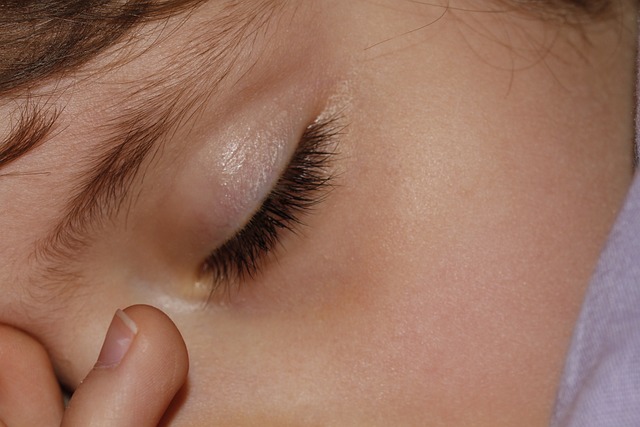
When is the appropriate time to start sleep training?
Experts suggest that around four to six months of age is a reasonable time to consider sleep training. However, each baby is unique, and factors such as developmental readiness and individual differences should be considered.
When is the appropriate time to start Baby Sleep Training?
Contrary to popular belief, research does not support the notion that sleep training harms babies. Numerous studies indicate that when implemented responsibly and with an individualized approach, sleep training can be beneficial and improve the overall well-being of infants and parents.
What are some standard Baby Sleep Training techniques?
a. Controlled comforting: Gradually increasing the time between soothing interventions to encourage self-soothing.
b. Camping out: Gradually reducing parental presence in the room while the baby learns to fall asleep independently.
c. Graduated extinction: Allowing the baby to self-soothe and gradually extending the time between check-ins.
Can sleep training affect parent-child attachment?
Research suggests that sleep training does not negatively impact parent-child attachment. Studies have found no significant differences in emotional well-being and attachment between sleep-trained and non-sleep-trained infants.
Are there potential short-term stressors during Baby Sleep Training?
Babies may experience short-term stress during sleep training as they adjust to new sleep routines and learn self-soothing techniques. However, research indicates that this stress is typically well-tolerated and does not have long-lasting adverse effects.
Does sleep training improve sleep quality?
Sleep training has improved sleep quality for both infants and parents. It can lead to longer sleep durations, reduced awakenings, and more consolidated sleep patterns.
Are there individual differences in sleep training success?
Yes, each baby is unique, and what works for one may not work for another. Sleep training approaches should be tailored to the child’s needs and temperament and consider parental preferences.
What should I consider before starting Baby Sleep Training?
a. Ensure the baby is in good overall health.
b. Establish a consistent sleep routine.
c. Consult with healthcare professionals and discuss your plans and concerns.
d. Assess your readiness and commitment to the process.

How long does Baby Sleep Training take?
The duration of sleep training varies depending on the baby and the chosen sleep training method. Babies can take a few days to a few weeks to adjust to new sleep routines and develop self-soothing skills.
Remember, it is crucial to approach sleep training with sensitivity, consistency, and understanding of your baby’s unique needs. Consulting with healthcare professionals and sleep experts can provide further guidance and support.
Noted: This information is for informational only.
